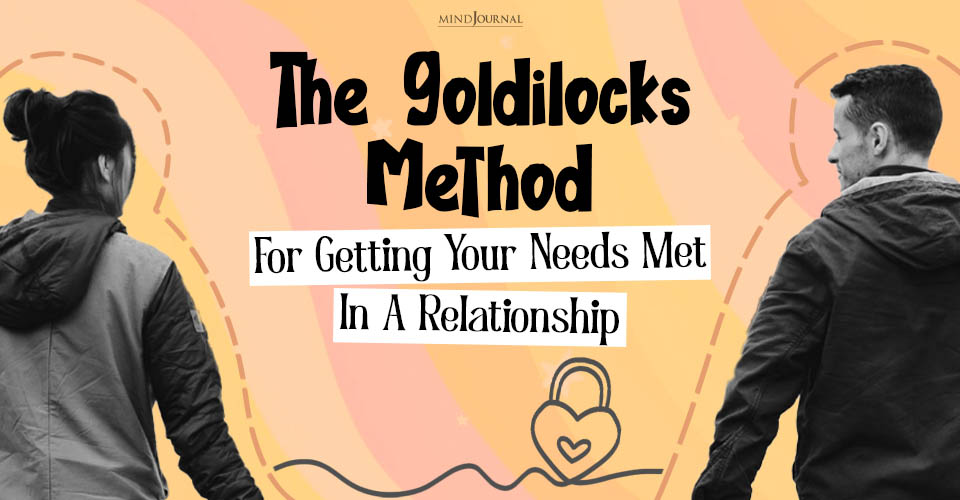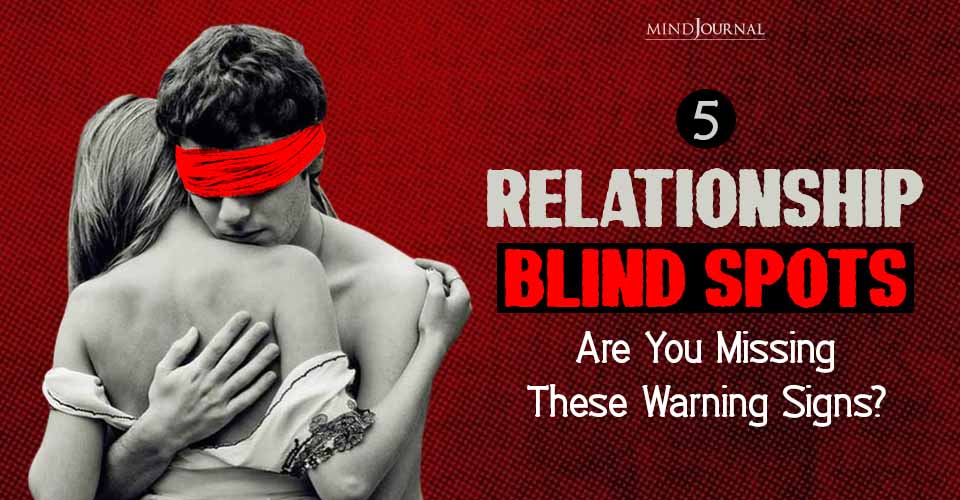Boundaries tend to be important in every relationship as they set a fundamental guideline of how you want things to be. You know you have a healthy relationship if it includes mutual respect, where you both communicate about the need for boundaries with empathy and understanding.
Boundaries tend to be misunderstood, but the truth is, they are a requirement for healthy connections.
Why are they important?
They create the structure from which you build a healthy relationship and bring your whole, authentic self into the relationship.
Let’s start by outlining some evidence you might not have healthy boundaries. What this might look like is the following:
- Not speaking up when it’s important.
- Giving your time away by saying yes when you should say no.
- Being resentful and bitter because you expect people to mind read and know your wants and desires.
- Finding yourself attracting people who take advantage of you or who try to dominate or control you, which may even lead to you feeling victimized.
- Feeling drained by all of your obligations
Obviously not a good scene.
For some of my clients who have a hard time setting boundaries, what we usually uncover is they hold some limiting false beliefs around boundaries that aren’t serving them.
Related: 6 Practices That Can Make Your Relationship Stronger
Here Are A Few False Beliefs That I’ve Found Are Very Common:
1. A Boundary Is Actually A Burden On The Relationship.

In this case, you feel like a boundary is a weight you’re bringing that is going to create negative energy, and your partner suddenly has to carry it.
2. A Boundary Is A Selfish Act, And It’s Not Relational.
The clients I’ve seen with this belief feel that setting boundaries, or asking for what they want, is selfish. They might be asking themselves, “Who am I to ask this other person to change their behavior around me? What gives me the right to do that?”
3. Boundaries Get In The Way Of Love And Acceptance.
Another common belief: “If I set a boundary, how does that support love and acceptance in the relationship? Shouldn’t I allow my partner to show up however they are and love and accept them, as is?”
4. Setting Boundaries Is An Act Of Violence Or Self-Defense.
You also may believe a boundary is a wall or an act of self-protection. You feel boundaries may push the people you care about out of your life who matter.
Do you relate to any of these?
Collectively, these beliefs make up a perfect system that can prevent you from having a voice, stepping into your power, and creating an authentic relationship with another person.
What happens instead is, you hold yourself back, walking on eggshells and stopping yourself from expressing your full emotional truths or what you really want.
What if we open it up to look at boundaries differently?
What if you see boundaries as an investment in the relationship that actually calls forth the best version of you and your partner?
The truth is, boundaries are the tools you can use as a fierce champion for your relationship.
Related: How To Say No To Requests (Without Damaging Your Relationships): 8 Tips
Let’s Redefine It With Some New Beliefs:

1. Boundaries act as a container that provides a roadmap for your partner to love you.
A boundary creates a distinct playing field that defines the structure and frequency that you are committed to bringing into the relationship. When your partner knows what you’re a “yes” to and what you’re a “no” to, they have the map to loving you. They are meant to be collaborative and generous in a way that matters to you in the relationship, to set it up for success.
If you’re not willing to set boundaries, then you’re not going to have a clear commitment around what you and your partner want to create. For example, if you both agree your relationship should be monogamous, that is a boundary; it’s a shared, agreed-upon reality that creates structure and protects the relationship from outside forces.
2. Setting a boundary is a powerful investment in your relationship.
If I set a boundary with someone, it’s only because you matter to me, so it’s not a selfish act. Yes, I myself may factor into the equation, but what a boundary does is outline what I’m committed to creating in the relationship, which allows me to show up within those confines as my best self.
If I have a boundary around no name-calling in fights, I’m committed to creating a space for us to disagree but not get personal with attacks. If I have a boundary around how often we connect in order to be fully in a relationship, I’m committed to investing a certain amount of my time in a connection.
It also creates a structure for you to do that as well.
I typically don’t set boundaries with people I don’t care about or don’t want to be in a relationship with unless it’s absolutely necessary for my protection.
Related: 5 Strategies For Stopping Unhelpful Behaviors
3. Setting a boundary is an act of authenticity.
If we take the idea of it being a container that sets the foundation for the frequency in your relationships, boundaries allow you the freedom to bring your whole self into the relationship.
If you express your boundaries around ways you want to be spoken to or treated, you’re bringing yourself into the relationship to be fully seen, sharing what’s important to you, and giving permission to your partner to do the same.
If you’re not willing to fight for your boundaries, you’re not being yourself in your relationship.
I invite you to see setting boundaries as an act of service.
When you do this, you give your partner the freedom to do the same because then you can talk openly and honestly about what you want in the relationship, rather than tiptoeing around or thinking you have to fit yourself into a box in order to relate to the other person.
So many of my clients hold the false belief that if they bring their whole self into the relationship, the other person will leave. But, what’s actually true is that when you set a boundary and stay true to yourself, the wrong people will walk out of your life while the right person will fall more deeply in love with you.
This makes boundaries a powerful ally and a way to qualify the person that’s in front of you and see if they want the same things you do.
I hope this has helped shift any negative perceptions you may have held around boundaries, and you feel enabled to walk into relationships more authentically rather than seeing them as a selfish act.
How does this land with you? I’d love to hear from you. Send me an email at [email protected] and let me know how this landed for you. And if you feel like you’d need a professional nudge to help you move along in the process, fill out this application to see if we might be a good fit for some 1:1 coaching.
Written by: Clayton Olson
Originally appeared on: claytonolsoncoaching.com and is republished here with permission.
Clayton Olson is an International Relationship Coach, Master NLP Practitioner, and Facilitator. He delivers private virtual coaching sessions and leads online group workshops. Register for his free webinar that reveals the 3 Keys to Attracting and Keeping a High-Quality Man or grab his free guide 5 Secrets To Create A Rock Solid Relationship.










Leave a Reply